How Does Rain Affect Birding? [ANSWERED! + Advice]
We’re reader-supported; we may earn a commission from links in this article.
Have you ever prepared all your birding gear, all ready to head out the door to go birding, only to see that it’s raining heavily outside? I’ve always wondered: “How does rain affect birding?” So I went online to do a little search to gather opinions from other birders. Here’s what I found:
Rain affects birding by putting birders in very wet and miserable conditions which can be discouraging but can be very rewarding for photographing rare scenes of birds in the rain. Additionally, rain affects birding because birders can easily spot birds hunting for insects after the rain stops.
Now you know that birding in the rain can be tough but rewarding, there are certain points to take note of when birding in the rain to make it a great experience for those who dare. Read on to find out more!
How Does Rain Affect Birding?
Well, I’m sure you’ve had the experience where you were ready to head out the door and it just starts pouring, and you head back in. While most of us will turn around and head back, I gathered some opinions of people online who have braved the rain and came back to tell the experience.
While birding in the rain may seem like it only affects the birder, the rain has its effects on the birds themselves, which in turn affect birding too. So let’s look at how rain affects both the birder and the birds, in turn affecting the birding experience.
1) Effects On The Birder
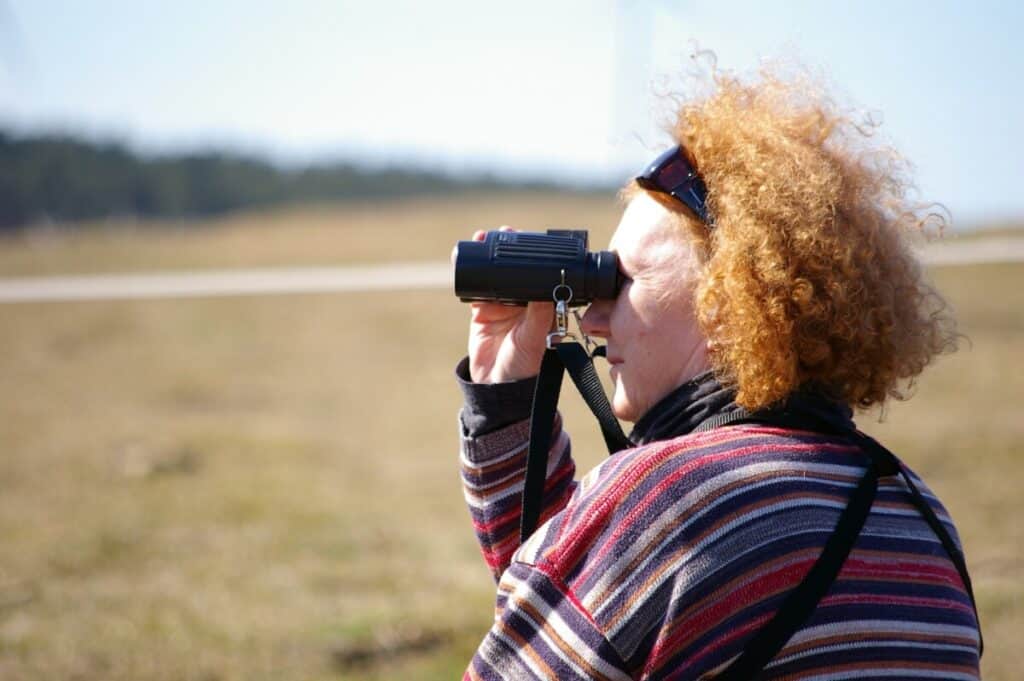
As you would expect the effects on you, the birder; defines most of the birding experience! If you did not feel fulfilled or satisfied at the end of your birding session, of course, it would not have been a good experience. In my opinion and based on several other birders’ experience online, birding in the rain can have its good and its bad effects.
Good:
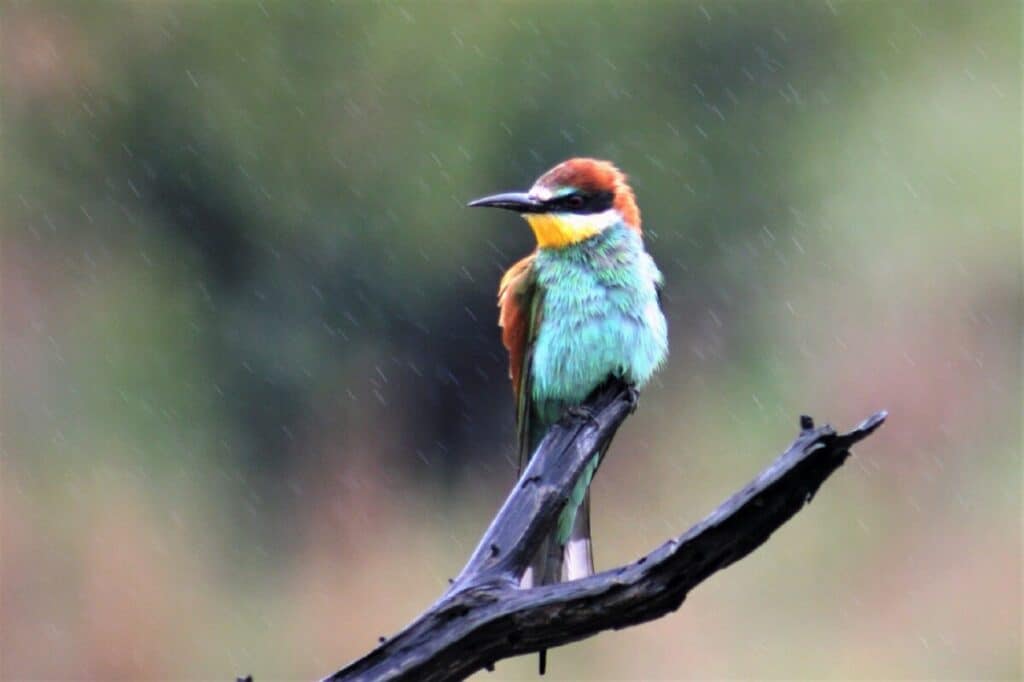
The rain can have a calming effect on the birder, especially if he or she is well-prepared for it. Preparation can come in the form of both mental and physical preparation.
Mental preparation before heading out birding is the most important aspect of birding in the rain. Let’s face it, it’s not going to be easy to head out into the rain and navigate the terrain while wet. Not everyone is mentally ready to face a sudden rainstorm when they are out birding. That’s why being mentally prepared is important before you head out birding.
Head out birding with this mentality: Today, I’m going to head out birding, and whether rain or shine, I’m going to persevere through the weather for some nice photos and sightings of birds, and at the very worst, I’ll just have a really great experience to tell at parties or gatherings with friends!
Physical preparation has got to be one of the things that can make or break a birding experience in the rain. If you’re prepared to face the rain, then you would just take it as an additional environmental factor in the wild. How you can get physically prepared is to water-proof your gear.
My tip is to always double bag your gear – a little trick of water-proofing my gear while I was in the army. I recall the days where my friends would wake up in the morning all their stuff soaked in a pool of mud. I wouldn’t want that to happen to you!
Part of being physically prepared is to also dress the part. Ideally, you’ll want to wear stretchable and water-proof clothing, and if layered with Gore-Tex, then better. Consider purchasing a hat so the rain doesn’t keep dripping into your eyes and annoy the heck out of you. And also some waterproof boots or hiking shoes to prevent very miserable soggy feet.
If you’d like to bring along any optic gear, please ensure that they are waterproof with an appropriate IP rating of at least IP67 and above to prevent any water damage.
Bad:
The experience of birding in the rain can be bad when you aren’t mentally and physically prepared for it. Imagine having to wait patiently for a single small rare bird to appear in the plains, only to have a storm arrive on you without much warning. All that’s left in its wake would be your soggy feet, a miserable you, and ruined gear.
Birding out in the rain isn’t for anyone.
It takes a lot of love for the activity and the outdoors to fully embrace the experience. If you’re the type of person who cannot take too much physical discomfort out in the wild, I would strongly suggest checking the weather forecast before you even head out birding to avoid a disappointing experience.
2) Effects On The Birds
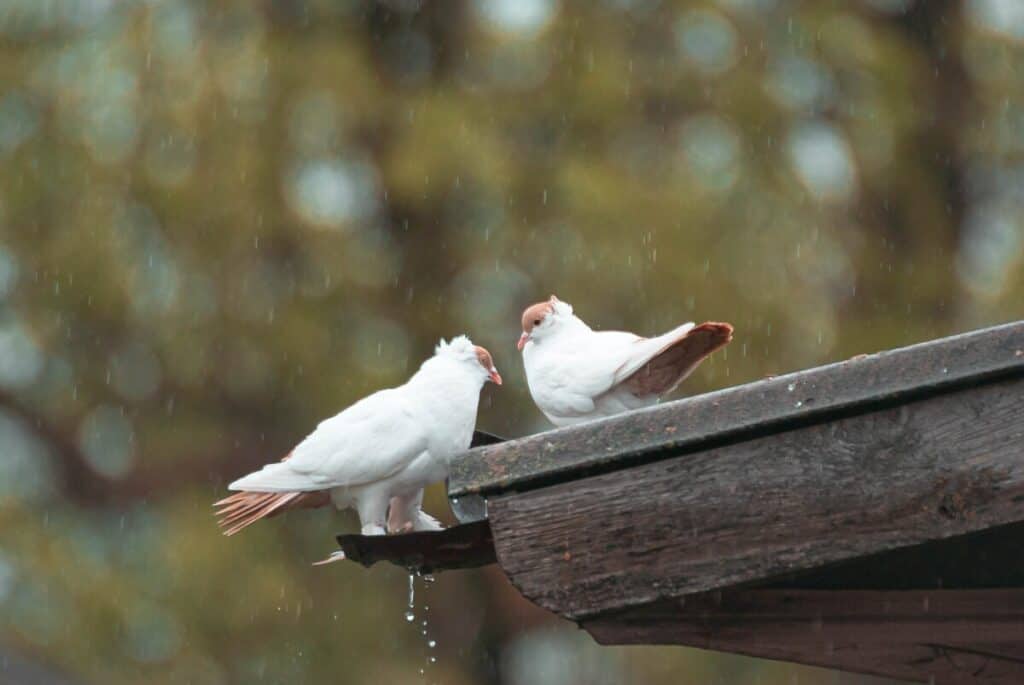
Whatever effects that rain has on the birds will indirectly affect the birder’s birding experience. So we must understand from the bird’s perspective what are the possible good and bad points that the rain brings to the experience. Let’s discuss them more:
Good:
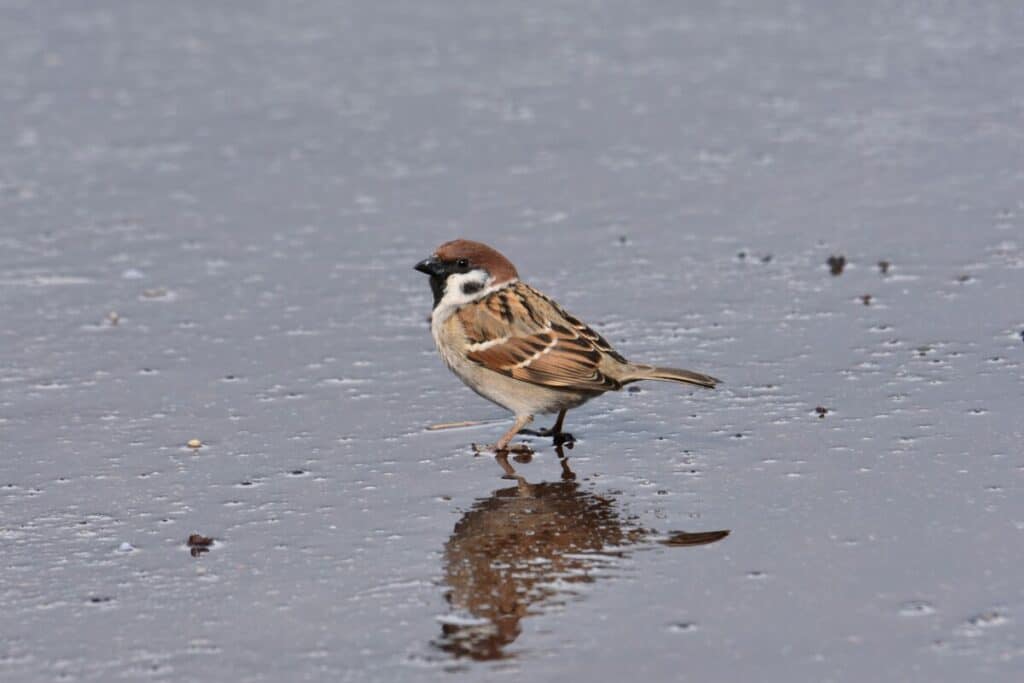
Rain causes everyone to slow down, even the birds. As birds are buffeted by the rain and winds in a storm, migratory birds are affected more as they would not have enough energy to control their long flight over long distances.
It is known that migratory birds will settle at temporary stopovers during heavy rains to rest and tide out the rain. This phenomenon is known as fallout. While birds are taking their rest, birders who braved the storm will start to see their effort not come up in vain.
If you live in a country that has a migratory stopover such as Singapore, you might just have a higher chance of spotting a rare lifer migratory birds stop by for longer than it usually would have, because of heavy rain. Just imagine the number of birds that you can see when this happens.
Actually, you don’t need to imagine. Check out this post of a massive migrating songbird fallout on Machias Seal Island.
When the rain comes, the soil gets stirred up and reveals a lot of insects that birds can feed on. As birds’ feathers are very much waterproof, rain droplets hit their surface and roll away. They do this by preening their feathers with a layer of water-resistant oil.
In light showers, they will still be able to fly and feast on the insects that are revealed in the rain. Even if they don’t do so, birders will still be rewarded with the increase of numbers coming out of hiding after a long rain to hunt.
Birds’ feathers are fairly waterproof and rain tends to hit the surface and roll away without being absorbed into their skin. In light showers, you will see birds fluff up their feathers to keep warm and move minimally to avoid expending too much energy.
Bad:
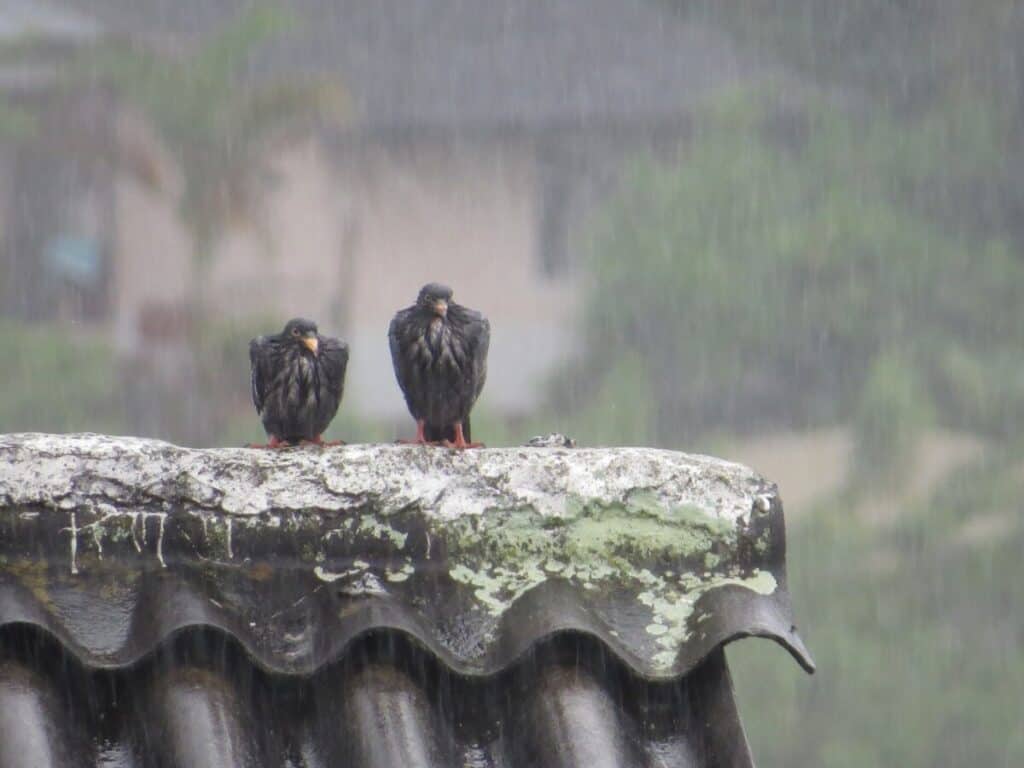
In heavy rain, however, birds tend not to move and take cover in foliage. Birds tend to stay in a very typical posture by keeping their torso upright and beaks point to the rain.
This is actually a behavior that birds do for energy conservation and minimize the rain that comes into contact with their body. In this, birders may not have much of a spectacle to see when birds are in hiding and are better of leaving and coming back another day.
Heavy rains can make birds’ wings saturated with water, making it difficult to fly and make them more vulnerable to predators. This may make it hard for us birders to spot them as they sit motionless on branches.
Final Thoughts
Rain can cause the birding experience to vary for different individuals and it all depends on your preparedness, how heavy the rain is, and how willing you are for a unique birding experience in the rain.
Now that you know more about birding in the rain and the good and bad things that come with it, stay safe out there birding, and take care! Have fun birding!
My Recommended Birding Resources:
Hey there, Justin here!
Here’s a list of all my favorite resources, products, and brands I trust and love.
My Celestron Nature DX 8×42 Binoculars: It’s a great budget pair for beginner birders. Highly valued for its price! Read my review.
Safe Paint for Bird Baths Guide: Learn about non-toxic paint for painting bird baths.
Safe Sealers for Bird Baths Guide: Learn which sealers are safe for bird baths.
Safe Paint for Bird Feeders Guide: Learn what special care needs to be taken to paint bird feeders with the right paint.
Safe Paint for Birdhouses Guide: Learn about non-toxic paint for painting birdhouses. (Not the same as bird baths!)
Bird Identification Apps Guide: 2 of my favorite birding apps are Merlin Bird ID, and eBird Mobile! Merlin is great for tracking and identifying birds, and eBird Mobile is great for tracking the birds sighted when birding.
Check out my resources page for the full list of resources I recommend!
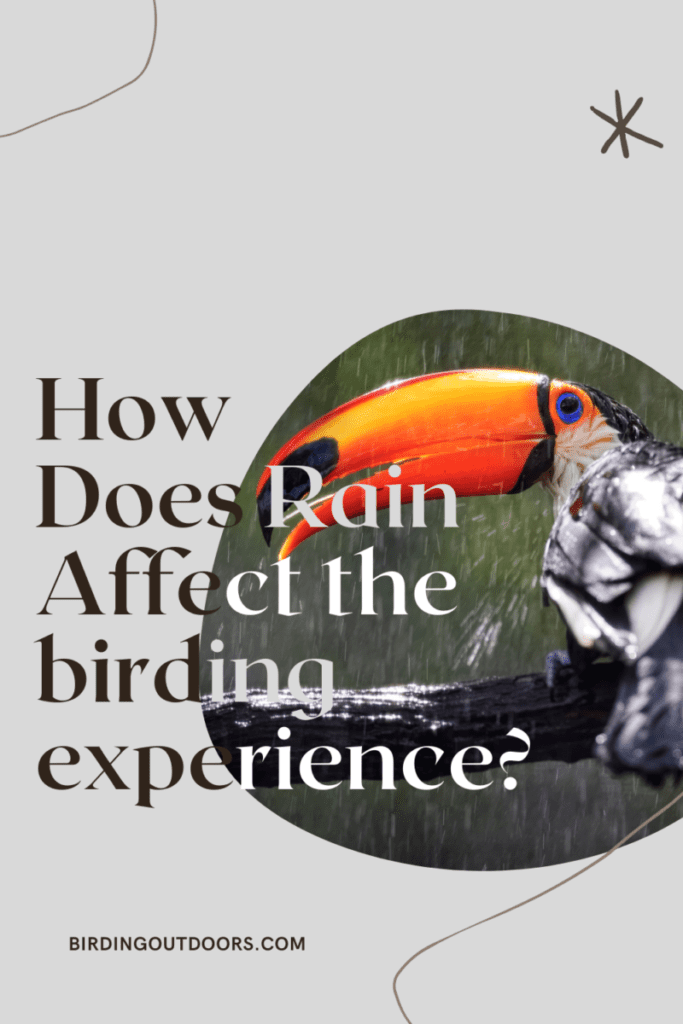

Justin Chia
Justin is the founder and author of Birding Outdoors. He is a Nanyang Technological University (NTU) alumnus with a Bachelor of Biological Sciences and a former data analyst.
Now, Justin runs the Birding Outdoors blog full-time, hoping to share his deep love for birds, birding, and nature with others.
To unwind, Justin enjoys gaming and reading.

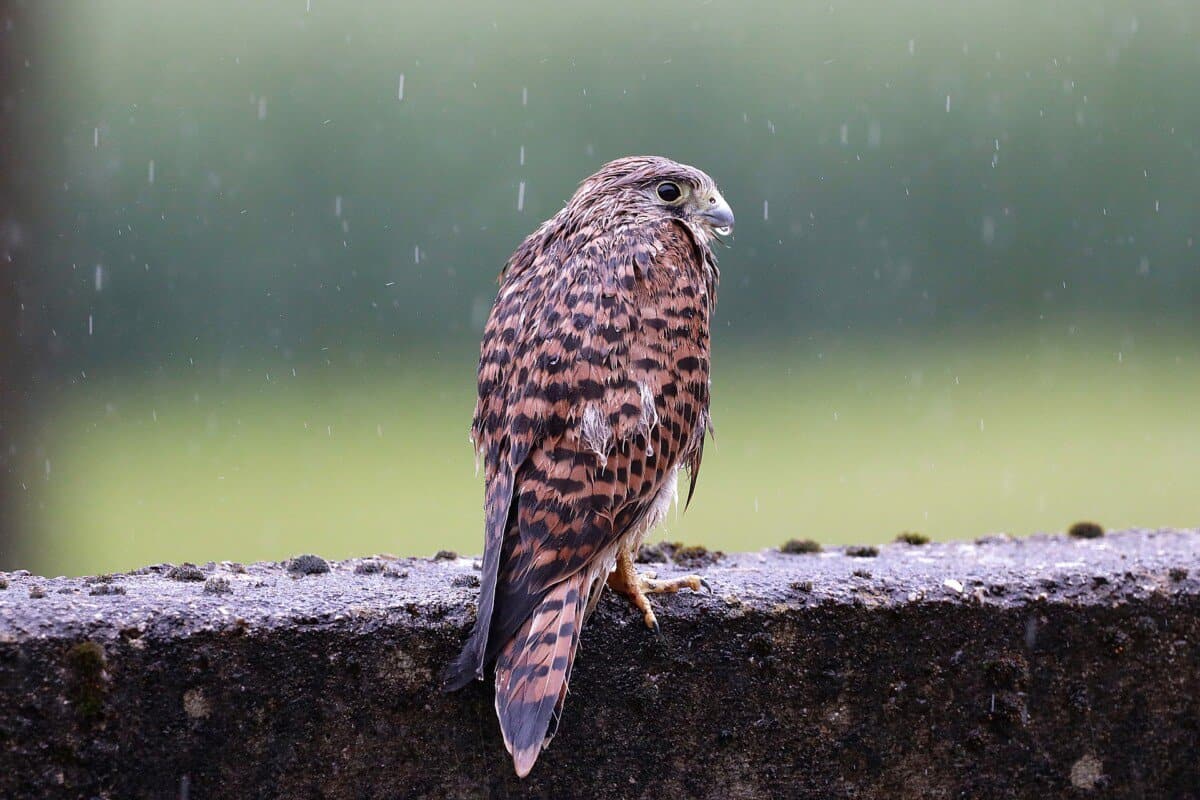
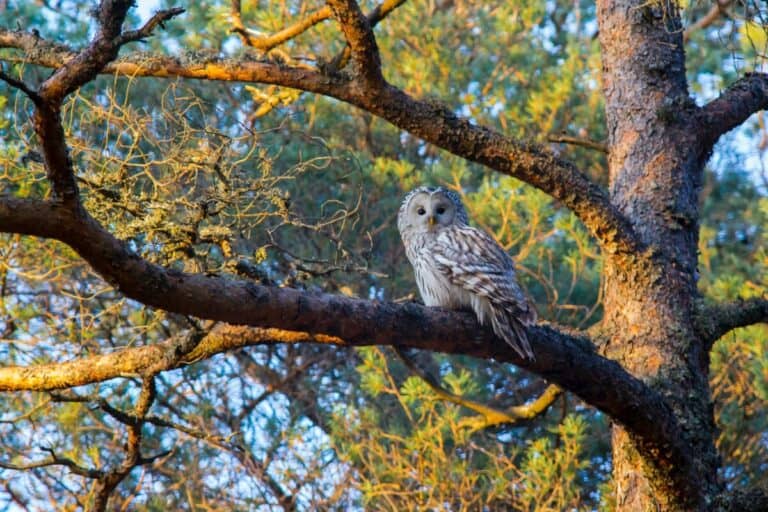

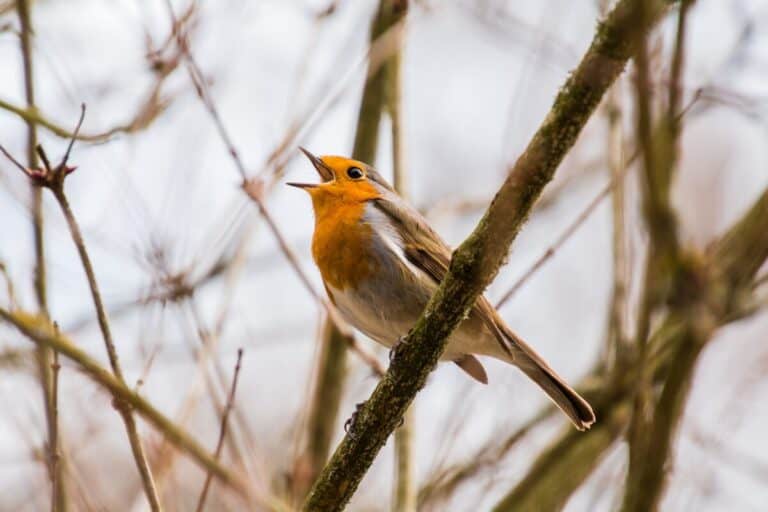
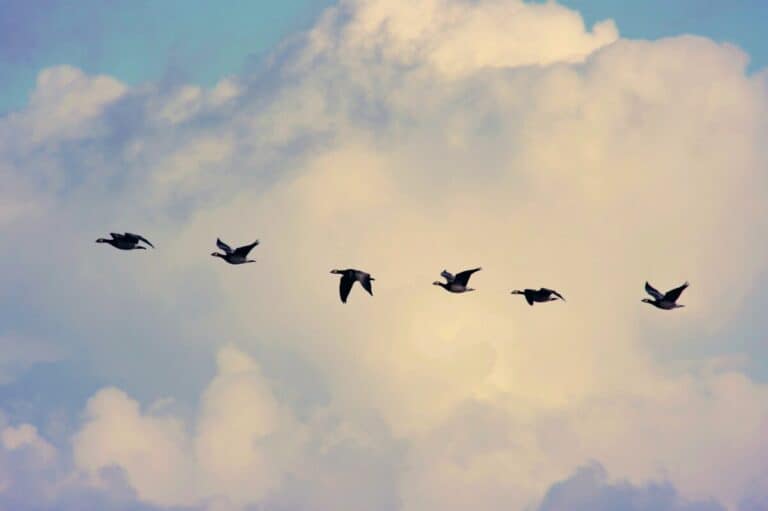
![Are Birds Scared Of Heights? [ANSWERED! + Other FAQs]](https://birdingoutdoors.com/wp-content/uploads/2021/06/puffin-3466170_1280-768x512.jpg)
![How Long Do Birds Take To Learn To Fly? [ANSWERED!]](https://birdingoutdoors.com/wp-content/uploads/2021/05/main-pic-fledgling-768x512.png)